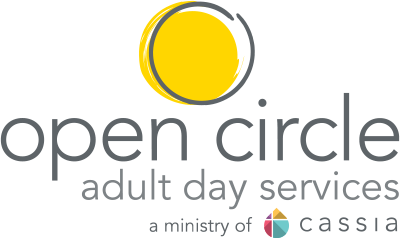Choosing a community to provide care and services to you or your loved ones—along with opportunities for new friendships and activities— can be confusing. The first step is to figure out what your options are. What is independent living? What does assisted living mean?
Independent living is for older adults who value convenience and security in a comfortable social environment. Additional services may include housekeeping or assistance with daily tasks. Features and amenities at independent living communities are designed for older adults who don’t need a lot of extra help. Housing options are similar to what you might find in a small home or apartment and usually include a small living room and full service kitchen where meals can be prepared. There are also typically many options for communal dining experiences.
Sometimes called housing with services, assisted living is designed for those who need extra assistance performing daily activities but don’t require round-the-clock skilled nursing care. In fact, assisted living offers a variety of options that are a cost effective, residential approach to delivering care and services.
This approach allows individuals to maintain their independence while receiving a little help. Examples of assisted living include tasks such as shopping, bathing, dressing and keeping track of medications. Residents have their own living space, while also having access to care and services as needed. Staff is available twenty hours a day to help residents with everything from showering to scheduling doctor visits or transportation. Assisted living communities typically employ health care professionals such as registered nurses or certified nursing assistants who are trained to deal with health care issues, should they arise.
The most obvious difference between independent and assisted living is the full time medical and custodial care for assisted living residents. Custodial care involves staff members who provide non-medical support to those who need it. Amenities such as meals or housekeeping services are generally included in the overall cost of assisted living at each community.
Though assisted living does provide help with daily tasks, it does not offer skilled nursing. If an older adult has serious physical or mental issues that require more intensive care, a skilled nursing community or care suites may better meet his or her needs. Many use this option temporarily while recovering from an illness or injury.
While an initial decision about where to live may come down to a choice between independent and assisted living, it’s important to remember that needs may change as you grow older. You may want to find a community that offers a range of options and services. It’s important to tour several communities before you make a decision, ask questions and talk to other residents and families whenever possible. Ask for costs after each tour and compare them to each other. Be sure to involve your loved ones in any decision you make on their behalf—as their satisfaction is essential to future success.
Decisions about moving or caring for a loved one can be difficult to navigate. At Cassia, (formerly Augustana Care and Elim Care), we are here to help. To learn more, please visit www.cassialife.org or contact us directly at communication@cassialife.org.
